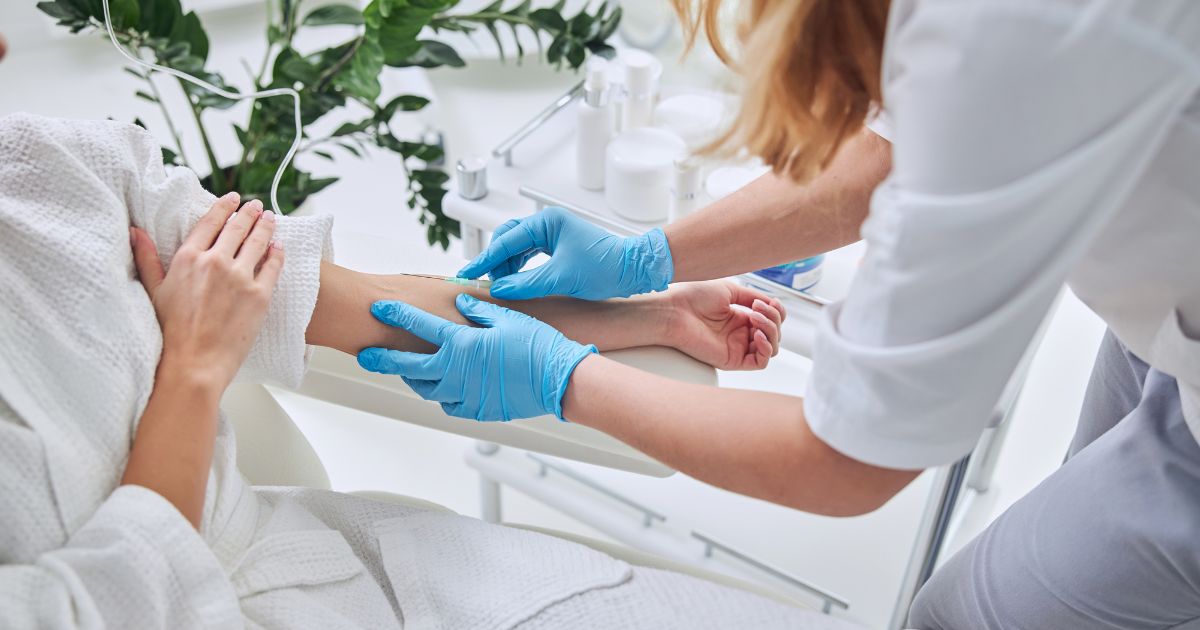One industry leader shares how PAs in geriatrics can help seniors be healthier, prevent falls and stay at home
With Baby Boomers aging, the number of seniors needing care is growing exponentially. One industry insider considers physician associates in geriatrics (formerly called “physician assistants”) key players in filling the care gap.
Christine Gardella, MMS, PA-C, is the rare private practice owner who wishes for more local competition. As owner of a home visit physician associate geriatric practice, Gardella knows the needs of seniors in her community far outweigh what she can provide. If she could clone herself, she would.
Gardella is like a lone sailor on a ship that needs all hands on deck. “The statistics are screaming at us about where we’re headed in geriatrics with the aging population. Everybody wants to live at home, and they need more support from us,” says Gardella.
How home-based PAs in geriatrics keep more seniors at home
Most models of senior care are either office-based clinical care or home health. Home health aides help with skilled nursing tasks like wound care, medication management or changing a catheter. Home visit providers, like Gardella, provide an important middle ground – house calls.
As owner of Medicine At Home, she visits patients monthly, providing primary care services, behavioral health and specialty care. “My patients sometimes can’t leave their homes or beds because they’re frail. Because of that limitation and isolation, I become all those specialties,” says Gardella.
Gardella visits her patients at home every 30 days, monitors their blood pressure remotely and accepts calls when they need her. She sees such a dire need for PAs in geriatrics that she’s working on a manual for other PAs to “give away the keys to the kingdom,” she says.
Gardella considers PAs designed for the work she does. “We have a broad background because we have been hospitalists and in primary care, in ICUs, psychiatry and emergency medicine.”
For seniors, having a PA in geriatrics provide care at home can mean the difference between living independently and moving to a facility. Many seniors have limited mobility, making traveling to the doctor, specialists and therapists challenging. Having a provider is convenient and a more intimate level of care. “I walk in their door, and it’s another world compared to office-based medicine,” says Gardella.
Part of her care is to perform monthly home assessments and assess progress or regression in activities of daily living. Gardella is more likely to prevent severe falls by identifying risks and asking about more minor falls. “I can see the dog running, the cat underfoot and the rugs rolled up in corners. Even a smell tells me something’s going on that we need to address.”
When Gardella notices a change in one of her patients, she can order blood work and assess their medication and mental state. She can coordinate at-home physical therapy for the patient and even order an at-home EKG appointment, chest x-ray and lab tests.
Gardella sees her work as overwhelming and rewarding all at the same time. She only wishes more PAs in geriatrics would follow her lead. “I’m the problem solver. I see something and think this is what’s going to help you remain independent and safe. I want other PAs to do what I do so badly.”
CM&F specializes in liability insurance for PAs. CM&F’s superior professional liability insurance is designed to protect your assets, license and reputation, bringing PAs peace of mind. Click here to learn more.



